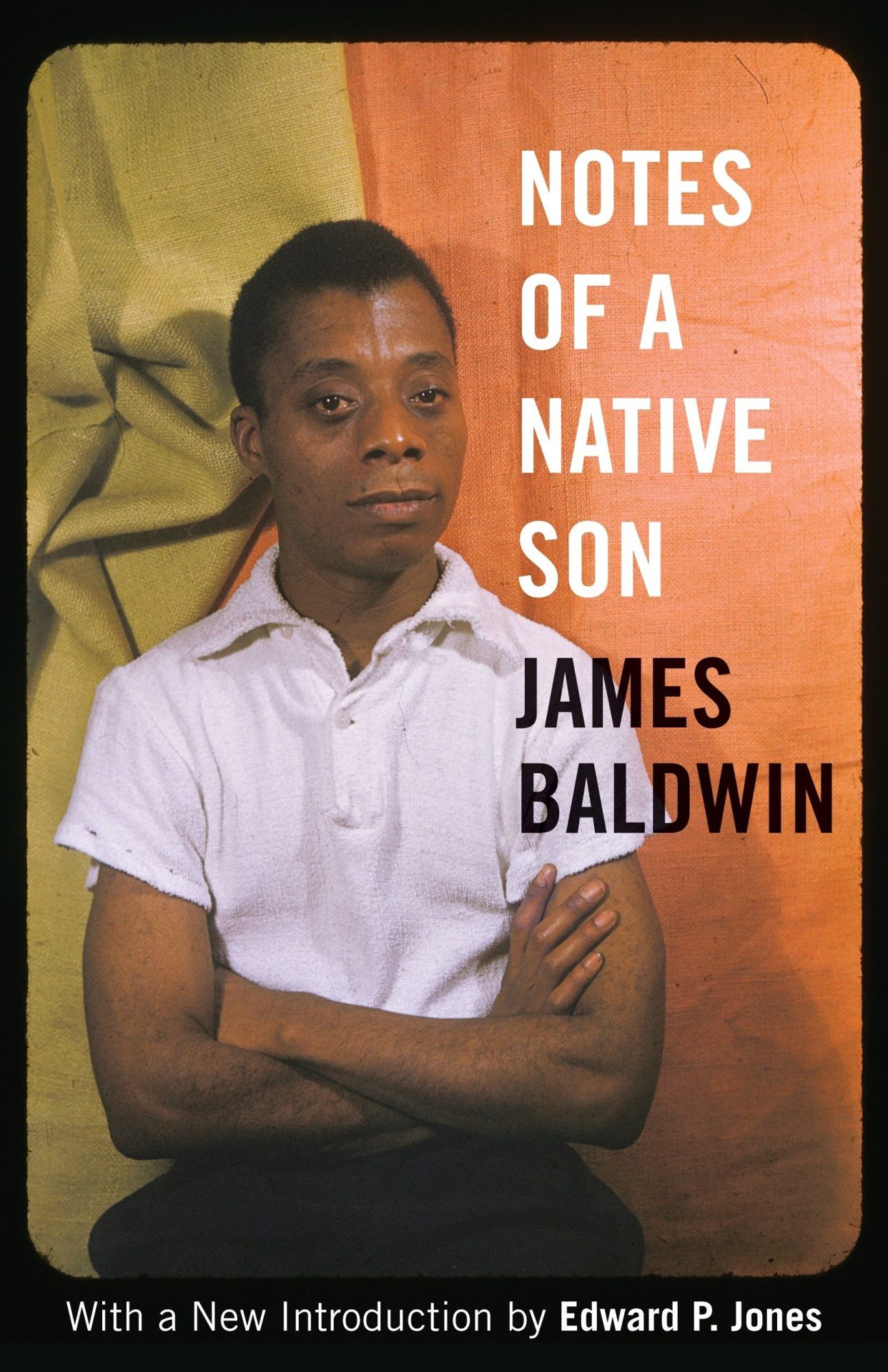Ain’t No Mo’, Broadway’s saucy new satire by Broadway's youngest Black playwright Jordan E. Cooper, is steeped in Black culture, catharsis and critique. So it’s no surprise that its director, Stevie Walker-Webb, has the works of several Black writers on the brain that helped him shape the staging of this thought-provoking production.

“The play is so profound and robust, and so massive, there are two books that I just keep reading over and over again every year for the last five years,” he shares with EBONY. “One is Playing in the Dark: Whiteness and the Literary Imagination by Toni Morrison. In that book, she talks about how Black artists should assume a kind of audacious posture where they make central their cultural identity, and should be writing language that is unbothered by the white gaze.”
Ain’t No Mo’ is a series of vignettes about Black American life, examined from several angles when confronted with a governmental courtesy to return back to Africa. It's filled with moments that can be hilariously funny and ultimately unnerving. “The language of this play is just so liberated,” Walker-Webb says. “Morrison has been like a mother guide for me. Anytime that I was afraid to make a gesture or some kind of transition that happens on stage, she would always whisper through that book, 'Yes, you can. Don't be afraid.'”
For the other writers who take up prime real estate on Walker-Webb’s shelves, each one takes an introspective gaze at what defines the Black experience in America, and why it should never be considered a monolith.
All God’s Children Need Traveling Shoes by Maya Angelou

Acclaimed author and artist Angelou packed her bags in 1962 and moved to Ghana. Her goal was to find a piece of her heritage to help define her true identity. She joined the “Revolutionist Returnees" in hopes of claiming her piece of pan-Africanism. This lyrical outpouring describes her dizzying experience. “She went there thinking she would never come back to this country only to discover that she indeed, is an American, a Black or African American, but American nonetheless,” Walker-Webb shares.
Notes of a Native Son by James Baldwin

Baldwin was in his 20s when he penned essays on his life in Harlem in the late 1940s and early ‘50s. Aptly capturing life at the dawn of the Civil Rights movement, his words come across as an artist, activist and critic. “Baldwin talks about his incessant love of America, which gives him the right to criticize it, which is actually the most patriotic thing you can do toward its progress and holding it to its highest values and standards,” Walker Webb surmises. "I think that that's what this play [Ain’t No Mo’] is trying to do."
The Fire Next Time by James Baldwin

In another collection of essays where Baldwin examines the consequences of racial injustice, Walker-Webb says, “If you don't read the whole book, just read his foreword, the letter to his nephew. Baldwin’s talking about something prophetic as he tells his nephew, it was not meant for you to survive the projects. It was not meant for you to survive systemic poverty. It was not meant for you to even know your name if you go all the way back. But but the fact that you are here is a testament to your ancestors. I think that every night I look at this play on Broadway, and I think Jordan was drawn on the spirit of that letter that Baldwin wrote.”
The Colored Museum by George C. Wolfe

Wolfe’s electrifying and disturbing stage play about a collection of 11 “exhibits” make us all question Black stereotypes, past and present, and reexamine what it means to be Black in America. A fearless satirist, his work became a great foundation for Ain’t No Mo' to rest its voice. “I know that George C. Wolfe is a huge inspiration for Jordan,” Walker-Webb declares, adding that past and present playwright voices, such as Lorraine Hansberry (A Raisin in the Sun) and Adrienne Kennedy (Funny House of a Negro) all have a bedrock in that foundation.













